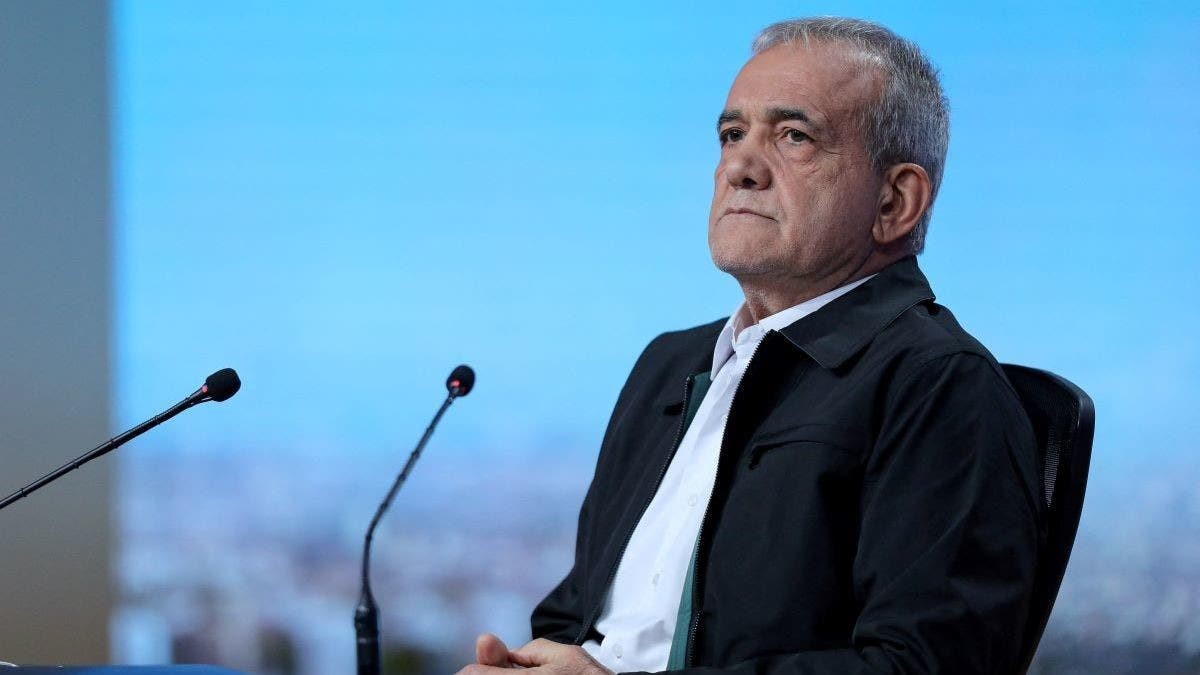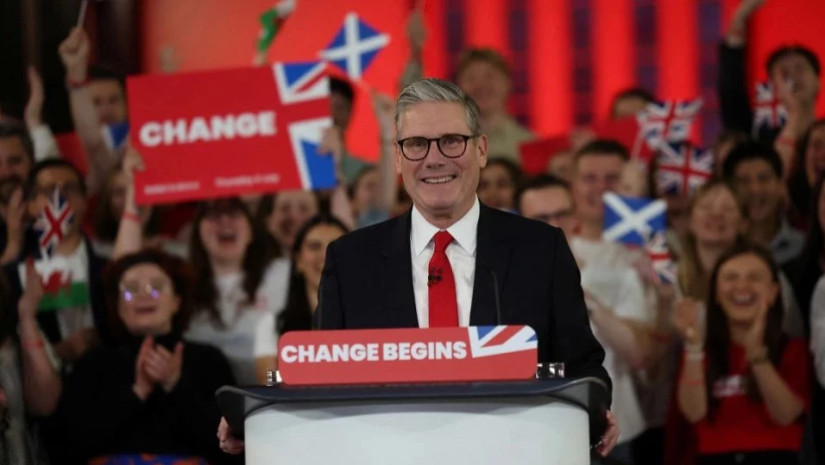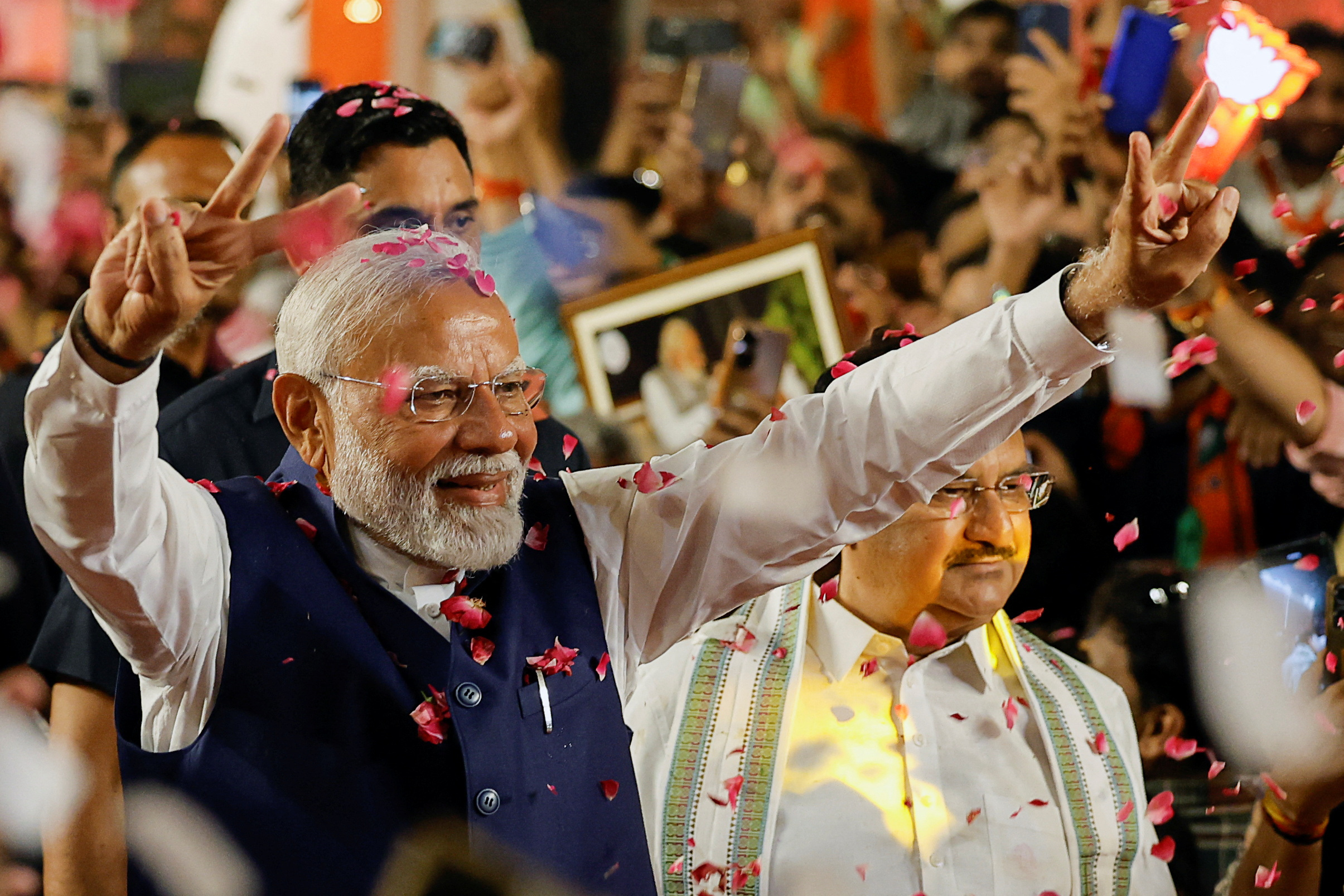Timor-Leste is a democratic republic located in Southeast Asia. It gained independence from Indonesia in 2002 and is one of the newest nations in the world. Here are some key points about its political system:
- Governance: Timor-Leste is a semi-presidential republic, where the President is the head of state, and the Prime Minister is the head of government. The President is elected directly by the people, and the Prime Minister is appointed by the President and approved by the Parliament.
- Executive Branch: The President of Timor-Leste is the ceremonial head of state and represents the unity of the nation. The Prime Minister is the head of government and is responsible for the day-to-day administration of the country.
- Legislature: The National Parliament of Timor-Leste is a unicameral legislative body. It consists of representatives elected by the people through a proportional representation system. The Parliament is responsible for enacting laws, approving the national budget, and overseeing the government’s activities.
- Political Parties: Timor-Leste has a multi-party system. Some of the major political parties include Fretilin (Revolutionary Front for an Independent East Timor), CNRT (National Congress for Timorese Reconstruction), and PD (Democratic Party). Political parties play a crucial role in the country’s political landscape and participate in elections to form the government.
- Elections: Timor-Leste holds regular elections to determine the composition of the Parliament and the government. General elections are held every five years, and the President is elected every five years as well. Elections are generally considered free and fair, and international observers often monitor the process.
- Human Rights and Freedom of Expression: Timor-Leste has made progress in promoting human rights and freedom of expression since gaining independence. However, challenges remain in areas such as access to justice, gender equality, and freedom of the press. Efforts are being made to strengthen institutions and protect human rights in the country.
- International Relations: Timor-Leste maintains diplomatic relations with various countries and is a member of international organizations such as the United Nations (UN), the Association of Southeast Asian Nations (ASEAN), and the Community of Portuguese Language Countries (CPLP). The country seeks to foster regional cooperation and engage in international partnerships.



